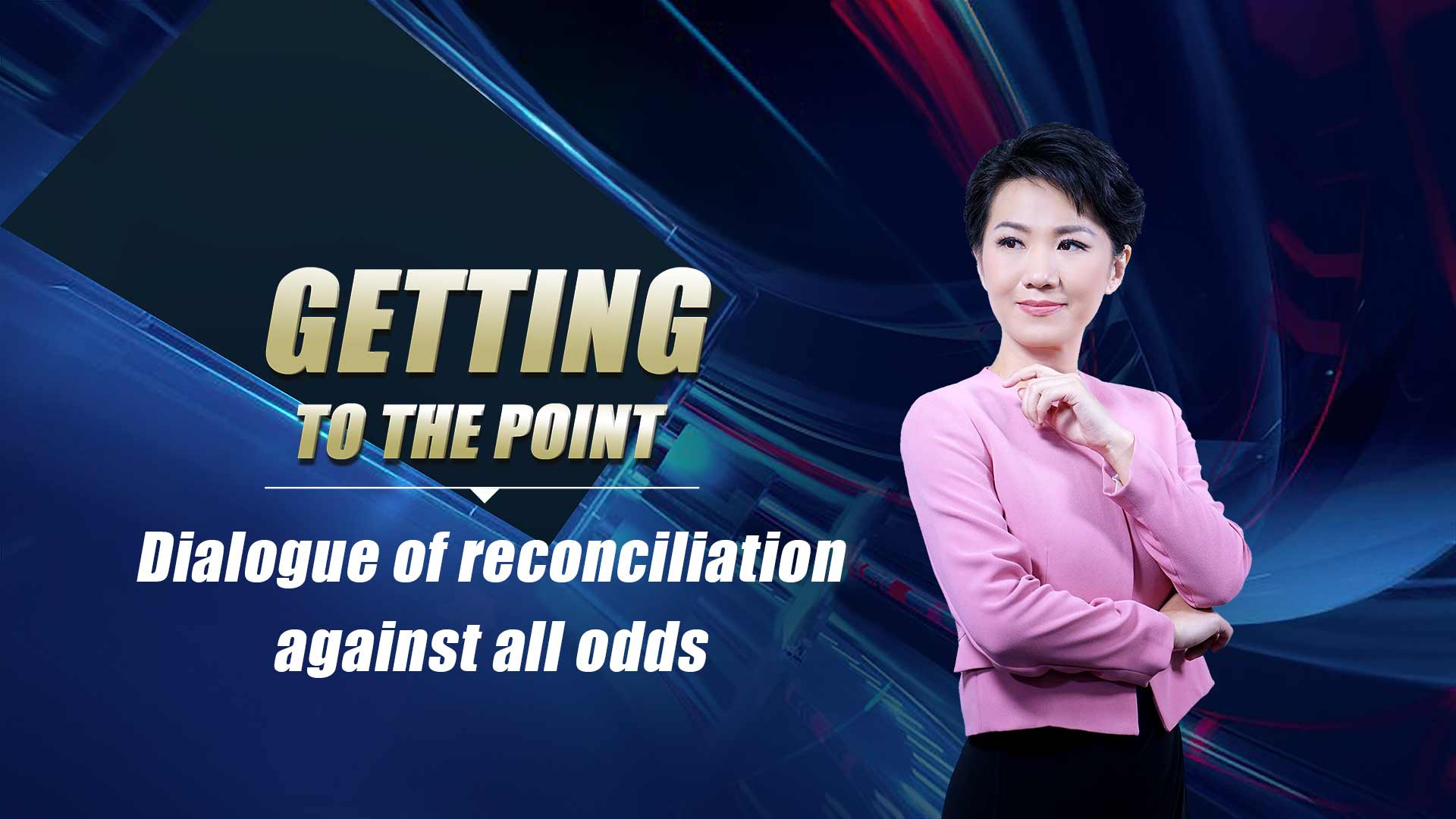02:28

Hong Kong's chief executive has started an open dialogue to listen to the public and look for solutions to the issues gripping the city.
But the atmosphere is, at best, awkward, at worst, hostile.
Violence continued on the streets this past weekend, smaller in scale, but uglier in nature. Rioters threw bricks and Molotov cocktails at police and beat people who expressed opposite views. Protesters have set preconditions for any talks, demanding for instance the release of all detainees, regardless of the damage they've inflicted.
But this demand suggests that those with a self-proclaimed lofty mission are free to break the law, without facing any repercussions - national symbols defaced; public facilities vandalized; the airport paralyzed; police attacked; businesses disrupted, especially small mom-and-pop shops … should all this be excused?
Last week, Amnesty International filed a report on alleged police brutality, based solely on accounts of detainees. The report echoes the protesters' call for an independent investigation into police misconduct. Some members of the police could have made mistakes under pressure, but there is already an independent police complaints council in place. HK's record as one of the world's safest cities for years proves the effectiveness of that mechanism. To launch additional investigation would dampen police morale while violence continues to flare.
Despite the hurdles, the SAR government has voiced a strong resolve to engage with communities, to listen to the people. Meanwhile, social activists organized a clean-Hong Kong campaign to remove provocative graffiti in public areas, risking their personal safety. Nevertheless, such efforts are necessary, just as crucial as the need to start peaceful dialogue against the backdrop of violence. How successful the efforts will be remains a big question. But the first step must be taken.
(If you want to contribute and have specific expertise, please contact us at opinions@cgtn.com.)